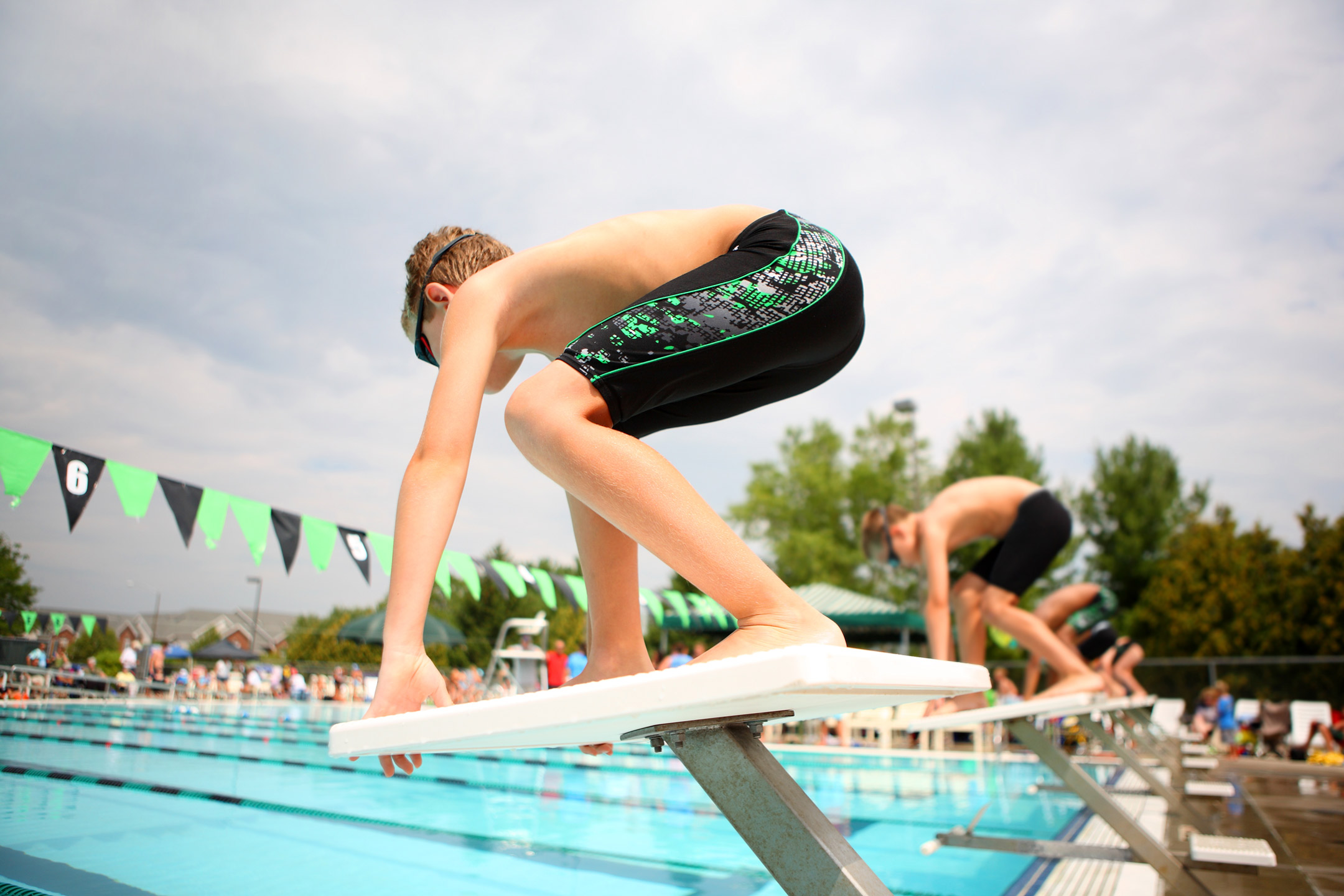
12 Sep Raising Resilient Kids: What Parents Can Learn from Olympians
Olympians captivate us with their incredible performances, but their success isn’t just about physical prowess—it’s also about mental strength.
Recent Olympics have shown that mindset is key to thriving under pressure, and the good news for parents is that the same traits that help athletes succeed can be nurtured in our children. Resilience, a crucial component of Olympic success, isn’t something you’re born with—it’s a skill that can be developed over time. By encouraging our kids to build resilience, we can help them navigate life’s challenges, whether it’s on the sports field, in the classroom, or within their social circles.
Olympic gold medallist Jessica Fox, for example, shared how she entered a “quiet place” in her mind before her canoe slalom race in Paris, telling herself, “Be myself. Let it be. Be free.” Meanwhile, silver medallist Elijah Winnington used a creative strategy, imagining his race as a trip to Disneyland. These examples show that resilience starts in the mind, with positive self-talk and reframing stressful situations as opportunities rather than threats. These are techniques that parents can introduce to their children, helping them to stay calm and focused during exams, sports competitions, or even tough days at school.
Associate Professor Justine Gatt, a well-being and resilience expert at UNSW, emphasises that resilience is a process that can be built over time through both internal and external resources. This means that by teaching kids coping strategies and surrounding them with support, we can equip them with the tools they need to face life’s challenges head-on. A/Prof. Gatt’s research led to the development of the COMPAS-W wellbeing scale, which identifies six key factors that enhance resilience: composure, own-worth, mastery, positivity, achievement, and satisfaction.
 Let’s explore how these traits can be cultivated in everyday life.
Let’s explore how these traits can be cultivated in everyday life.
1. Composure: Kids, like athletes, need to learn how to manage their emotions under stress. Whether it’s before a big test or a soccer match, helping your child develop composure can make a world of difference. Encourage them to use deep breathing, positive visualisation, or even reframing stressful situations, much like Winnington did by imagining the excitement of Disneyland. These techniques can help children face challenges with a calmer, more focused mind.
2. Own-Worth: Self-worth is crucial for resilience. It’s about knowing your value and treating yourself with kindness, even when things don’t go as planned. After a close loss, Olympic swimmer Cam McEvoy reminded himself of how far he’d come, saying, “I’d be super proud.” Parents can instil this in their children by encouraging them to speak kindly to themselves and to recognise their efforts, not just their successes. This builds a foundation of self-esteem that helps kids bounce back from disappointments.
3. Mastery: Mastery is about recognising and developing your strengths. Just as Olympians spend years honing their skills, kids should be encouraged to practice and improve in areas they care about. Whether it’s a hobby, sport, or academic subject, the more your child works at something, the more confident they’ll feel in their abilities. Remind them that every bit of effort contributes to their growth, reinforcing their belief in their capability to achieve their goals.
4. Positivity: A positive outlook can turn challenges into opportunities. Jessica Hull, a runner known for her upbeat attitude, viewed her Olympic final as a “lucky position” rather than a pressure-filled expectation. Parents can teach their children to focus on the positives in any situation, such as recalling past successes or seeing the learning potential in a setback. This mindset encourages resilience by framing difficulties as chances to grow.
5. Achievement: Setting and achieving goals provides a sense of purpose and accomplishment, which in turn boosts resilience. Encourage your child to set SMART goals—specific, measurable, achievable, relevant, and time-bound—and celebrate their progress along the way. Achieving even small goals can build confidence and a sense of resilience that will serve them well in the face of future challenges.
6. Satisfaction: Finally, satisfaction comes from being content with one’s life and choices. Jemima Montag, a bronze medallist, speaks to the joy of participating in sport, whether at an Olympic level or in the backyard. Helping your child find satisfaction in their daily activities, friendships, and efforts can create a sense of well-being that supports resilience. Encourage them to engage in activities that they love, to nurture relationships, and to take care of their physical and mental health.
By instilling these traits in our children, we can help them build the resilience they need to thrive, no matter what challenges come their way. Just like Olympians, our kids can learn to face life’s hurdles with strength and grace, ready to succeed on their own terms.
A/Prof. Gatt, who is Director of the Centre for Wellbeing, Resilience and Recovery and Head of the Gatt Resilience Group at Neuroscience Research Australia and UNSW’s School of Psychology, has developed a wellbeing scale – COMPAS-W.




